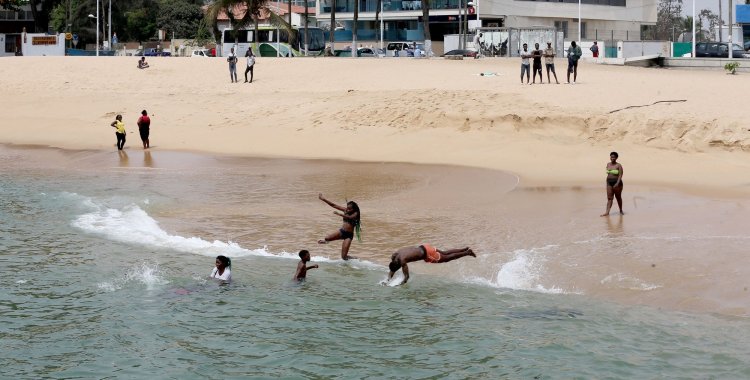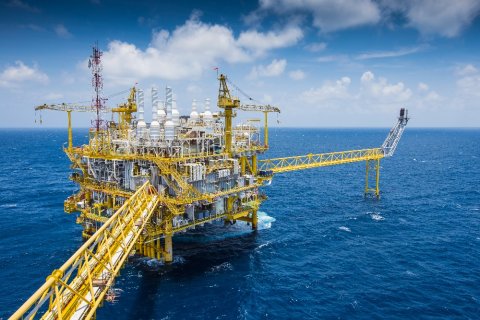"I can't understand. A law that obliges us to comply with it has to be reasonable and has to have an unassailable scientific foundation. Based on that, someone has to come and explain why these situations are happening, if not, it's an authentic heresy", the Angolan doctor told Lusa this Tuesday.
According to Matadi Daniel, a health agent, when he prints health compliance measures, these "cannot be contrary" to public health: "Someone has to explain why I, today, with a sunny environment, are around 34 degrees there, with huge, I can't go to the beach for a swim".
For the physician specializing in kidney diseases, this measure is a paradox.
"This is incomprehensible, especially because the beaches are an open space, there should be no restrictions and they open discotheques, parties. I can't understand", he commented.
Angola has relaxed measures to prevent and combat covid-19, but maintains banned access to beaches and public swimming pools, announced the Minister of State and head of the Civil House of the President of the Republic.
Adão de Almeida, who was proceeding, on Monday, to update the measures of the state of public calamity, which will be in force between 1 and 28 February, said that the changes are justified by the "positive evolution of the situation", leaving a period of substantial growth of contagion, in the months of December and January.
For restaurants and the like, operation extends until midnight every day, with 75 percent of the space's capacity being occupied and recreational activities allowed inside.
Matadi Daniel, on the other hand, considers that Angola should now look at the pandemic "with a view to its end, as it registers a small number of symptomatic cases, low mortality and no bottlenecks in hospitals" due to the disease.
"If you do a round of hospitals, there are almost no patients with covid-19. We should open up and look at the pandemic as something endemic, because, in fact, the dimension of the pandemic in Africa and in particular in Angola does not have the dimension of Europe", he argued.
He pointed to Portugal and Germany as European countries that, "despite registering almost 50,000 cases a day, are starting to ease measures", having reiterated his indignation at the ban on beaches for citizens in Angola.
"People go to the beach to have some sun exposure for the absorption of vitamin D, which increases the body's immunity, which when properly absorbed acts to absorb calcium, which is essential to strengthen bones and heart muscle", he concluded. Matadi Daniel.







